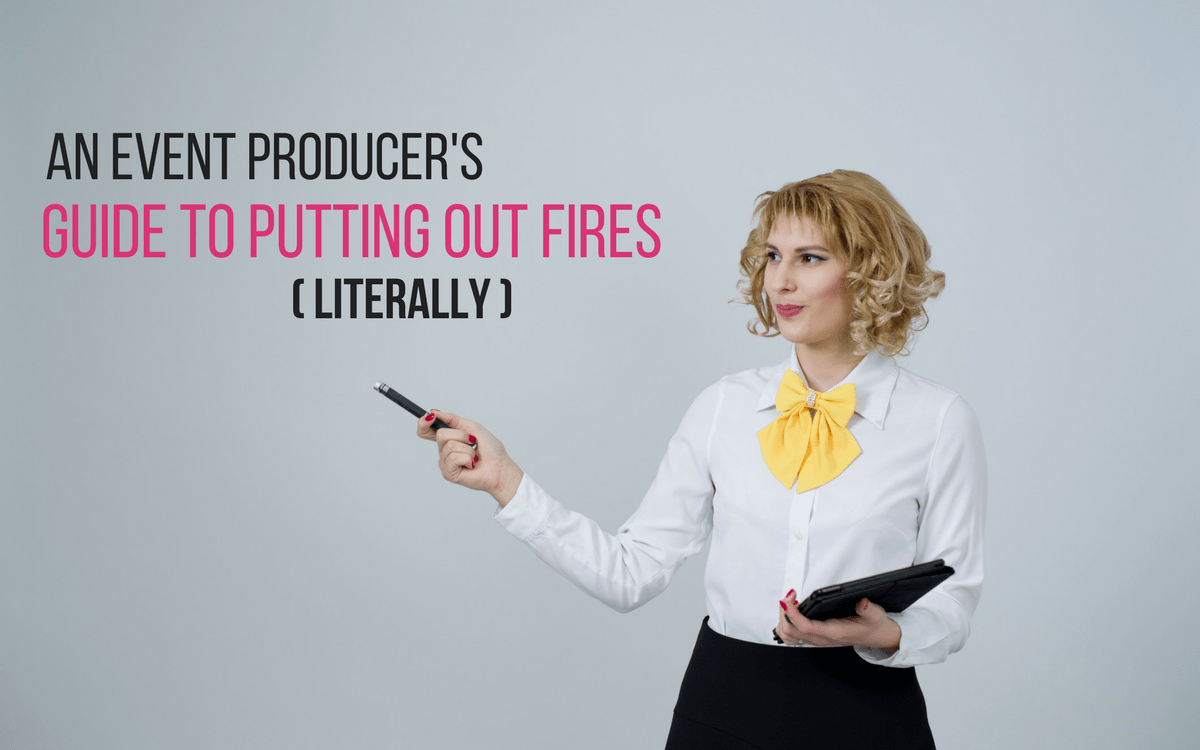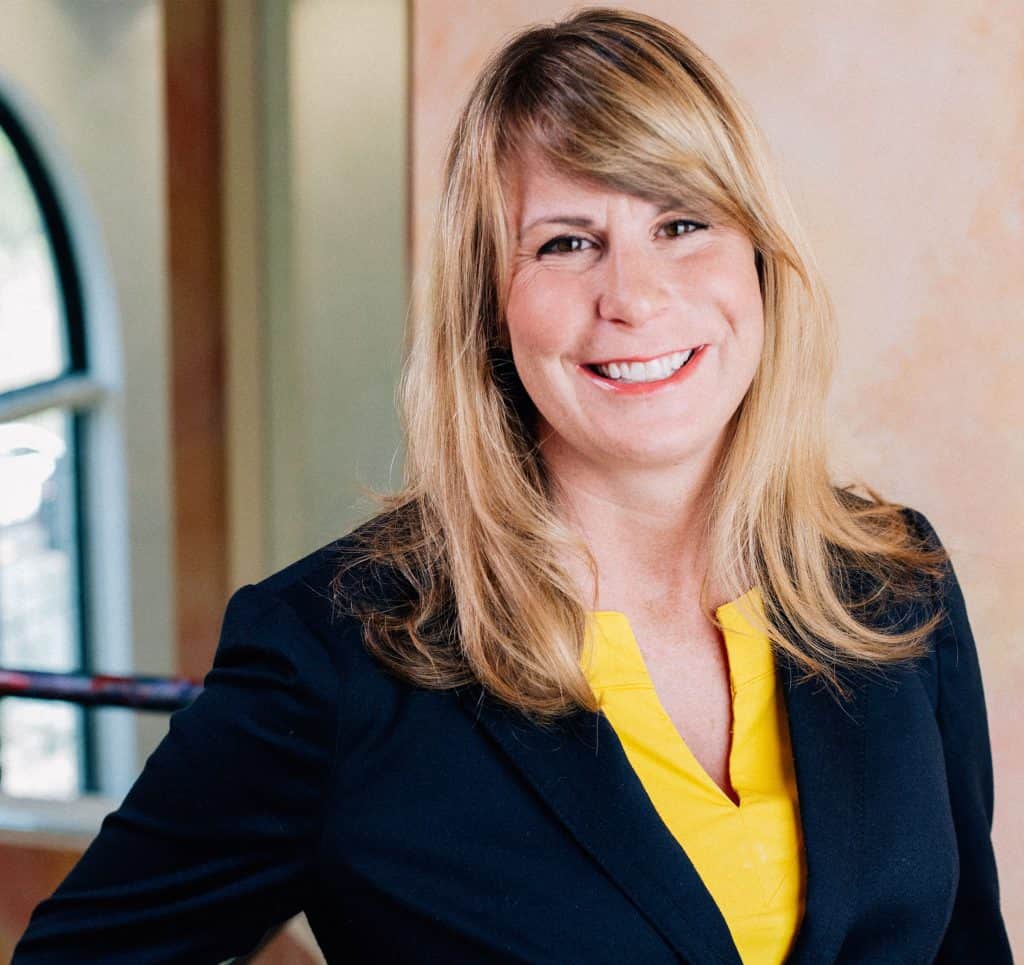An Event Producer’s Guide to Putting Out Fires (Literally)
Last October, I was working at an event where the main entertainment went up in flames minutes before it was scheduled to venture out into the crowd. I’m talking full-on, “turn the sprinkler system off quick before the exhibitor booths, activity stations and high-end sponsors get soaked” flames.
The entertainment was a 9-foot robot and the event was an international conference.
After we extinguished the flames and lugged the large piece of metal outside through the dock doors (and pulled out all the industrial-sized fans we could find), I apologized to our client and assured her she would not be charged, thanked the venue profusely for not kicking me out, canceled our payment to the vendor and prepared for the onslaught of incoming conference attendees who would be none the wiser, all with an external smile.
Our team has also experienced floral centerpieces dying minutes after they were placed on tables the afternoon of an event, WiFi crashing while registering 800 guests and not gaining access to the ballroom until two hours prior to doors opening. And if we, as event producers, are doing our jobs correctly, our guests (and often our clients) will never know the difference. Event planners are notorious for their attention to detail, perfected timelines, relationships with vendors, venues and clients, and overall not-messing-around standards of excellence. They’re also known for their ability to adapt and flawlessly execute their Plan B, C or even D as naturally as if it were Plan A.
Here are our team’s top five ways to keep your cool when things beyond your control are taking an unanticipated turn:
1) Stop, breathe, grab a Diet Coke (or water or coffee, whatever your beverage of choice happens to be) and embrace your new event reality with enthusiasm. For example, “This is actually a positive that the robot won’t be making an appearance at the conference. We’ve saved on the entertainment budget line and guests will be even more amazed by this evening’s spectacular show. And we can say with confidence that the fire extinguishers in the venue work properly.” If you’re confident about your new direction, your clients, coworkers, volunteers and guests will be, too.
2) Surround yourself with fantastic people who know you and your business well. Not every event planner has the luxury of a full team, but you can develop a solid support system by initiating and nurturing relationships with key vendors in AV, rentals, food and beverage, and décor. Take them out to lunch to learn more about what they do and what their specialties are. Compare event industry trends and upcoming event ideas and challenges. And always send thank-you notes when they show up at your event with 40 additional chairs and extra linens or two wireless mics you had to add an hour prior to doors opening. (Cookies work well, too.)
3) Assess the situation objectively and respond with flexibility—especially when it comes to the small stuff. You may have had your heart set on crisp white linens and be crushed when they arrive in ivory. However, the success of the event does not hinge on the slight change in color. So don’t give up your sanity for the change, either. And in the mood-lit ballroom, chances are none will be the wiser.
4) Remember you’re the pro. This is what you live for. You solve problems like it’s your job—because it is your job. Course correct, come up with a plan, and ask for help from anyone and everyone who can make your new plan come to fruition (and fast). So if your WiFi connection fails completely in the midst of a technology conference, don’t panic. Your direct client most likely has the expertise on staff to run interference with the venue’s IT personnel. Or can help you select a trusted professional in attendance that can lend a hand with a fast fix until you can get the venue staff in place to solve the issue.
5) Always look for the lesson. You can always learn something from challenging situations.
Relax. You got this.
Shannon Struzik
With more than 20 years of experience in event production, Shannon has worked in all aspects of the industry, from creative concepting to full-scale event and concert productions. Merrill Lynch, del Lago Resort & Casino, Highland Hospital Foundation and Monroe Community College Foundation are a few of the clients that have benefited from Shannon’s expertise. Before joining Dixon Schwabl, she worked for the Rochester Broadway Theatre League and served as director of development and community engagement with the Ad Council of Rochester.



